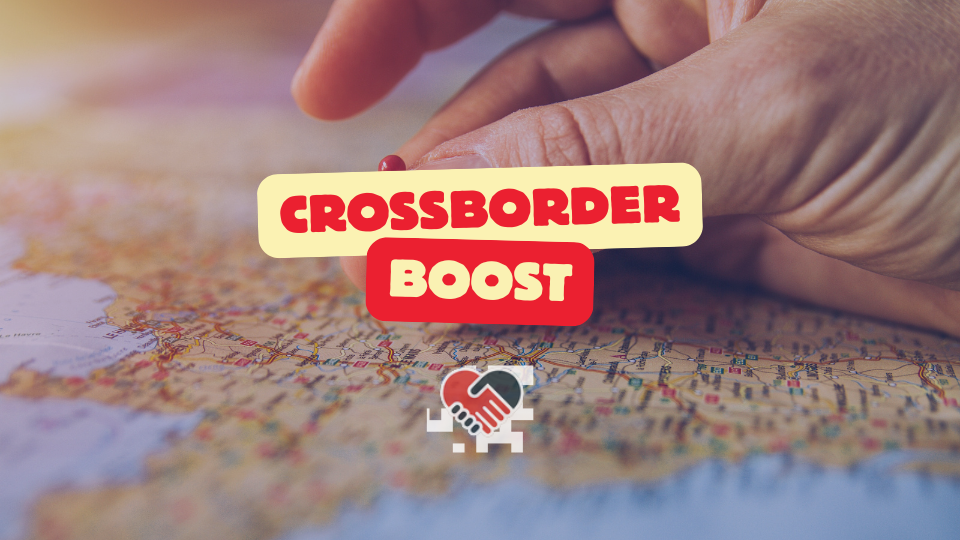
In the current geopolitical climate, trading with Russia has become increasingly complex for UK companies. Sanctions imposed by the UK government, along with allied nations, have led to stringent restrictions on imports and exports. For businesses looking to engage with Russian entities, it is crucial to understand these regulations to avoid legal repercussions and maintain compliance.
The sanctions on Russia stem from various geopolitical issues, particularly related to its actions in Ukraine and reported human rights violations. These measures aim not only to pressure the Russian government but also to protect the integrity of UK businesses from inadvertently supporting illicit activities. The implications for UK companies range from specific prohibitions on trade to extensive reporting requirements.
**Import Restrictions**
UK companies seeking to import goods from Russia must be aware of the products that are directly prohibited. These often include military goods and dual-use items, which can be utilized for both civilian and military applications. Import restrictions also extend to certain types of technology and products that may contribute to military enhancements or support human rights abuses. Businesses must check the latest updates from the UK government’s sanctions list to ascertain whether the goods they wish to bring into the UK fall under any restricted categories.
In addition to prohibited items, businesses should also consider licensing requirements for imports. Even if a specific good is not subject to an outright ban, it may still require a license to be imported legally. Companies are advised to apply for any necessary permits well in advance, as the approval process can be time-consuming.
**Export Restrictions**
On the flip side, UK companies looking to export goods to Russia face similar challenges. Numerous goods, particularly those with military significance, are subject to strict export controls. Items including weapons, military hardware, and certain technological exports that can be used in military applications are generally prohibited.
Moreover, certain sectors may experience heightened scrutiny. For instance, financial services and energy sector goods may be particularly sensitive and thus fall under rigorous export control measures. Businesses engaged in exporting should consult the UK Export Control Joint Unit (ECJU) to understand the specific restrictions related to their products before proceeding with any transactions.
**Due Diligence and Compliance**
Conducting thorough due diligence is paramount when trading with Russia. Companies should vet any potential partners or customers against lists of sanctioned individuals and entities. Engaging with foreign firms that are on these lists can lead to severe penalties, including heavy fines and imprisonment.
Furthermore, UK companies must maintain comprehensive records of all transactions and correspondence related to trade with Russia. This documentation will not only assist in compliance but also protect businesses in the event of scrutiny from government regulators.
**Conclusion**
In conclusion, trading with Russia while under sanctions poses a significant risk for UK companies. Understanding the import and export restrictions, maintaining accurate records, and conducting diligent vetting of partners and products are essential steps for businesses to navigate this challenging landscape. Failure to comply with these regulations can lead to serious legal consequences that may jeopardize not only the business’s reputation but also its viability in the market. Companies considering trade with Russia should seek legal advice to ensure they remain fully compliant with all applicable laws and regulations.
指导:与俄罗斯的制裁贸易
由于对俄罗斯的制裁,英国公司在与俄罗斯进行贸易时适用哪些进口和出口限制。
近年来,国际局势变化使得各国对某些国家实施了不同程度的经济制裁,英国与俄罗斯之间的贸易关系尤为受到影响。本文将探讨英国公司在与俄罗斯交易时所面临的进口和出口限制,以及这些限制对业务运作的潜在影响。
首先,需要明确的是,自2014年乌克兰危机以来,英国政府对俄罗斯实施了一系列制裁措施。这些制裁的主要目的是限制俄罗斯在金融、能源和国防领域的发展,进而影响其经济稳定。对于英国公司而言,这些措施带来了一系列具体的进口和出口限制。
在出口方面,英国对俄罗斯的特定商品和技术设定了严格的限制。根据当前的制裁法规,涉及军事和双用途产品(可以用于军事目的的民用产品)的出口几乎是完全禁止的。此外,一些高级技术、软件和加密产品的出口也受到严格审查。所有对俄罗斯的出口都必须获得相关部门的许可证,以确保不违反现行制裁政策。
在进口方面,虽然相对而言限制较少,然而仍需注意的是,某些从俄罗斯进口的商品也受到限制。例如,某些类型的石油和天然气产品面临额外的进口关税和数量限制。此外,由于俄罗斯经济受到制裁,供应链的稳定性和可靠性受到影响,英国公司在进口俄罗斯商品时需绷紧神经,仔细考虑潜在的法律和市场风险。
此外,遵守制裁政策的合规审查也愈发重要。英国公司在与俄罗斯的交易中,必须仔细核查合作方的背景,确保不与受制裁实体进行交易。必要时,应寻求法律建议,以确保符合所有相关法规。
总而言之,由于制裁的存在,英国公司在与俄罗斯进行贸易时需要格外谨慎,清楚了解所面临的各种限制以及合规要求。企业应该定期更新对制裁政策的理解,以便及时应对可能出现的变化,确保其商业活动的合法性与合规性。在这个复杂的国际贸易环境中,保持对法规动态的敏感性将是确保企业持续发展的关键。















 Our Collaborations With
Our Collaborations With 







